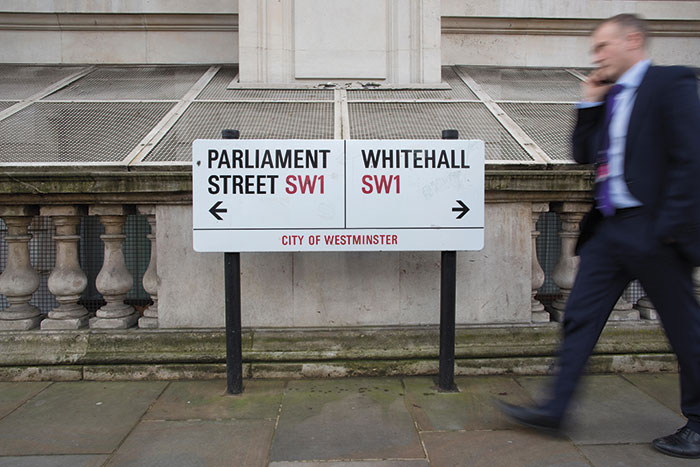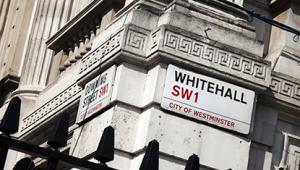
As is often the case, the ‘provisional’ local government financial settlement turned out to be more permanent than its name might suggest, with little change from what was announced in December.
One of the main differences was it allowed Northamptonshire County Council to raise council tax without a referendum by 2% more than other councils.
While some were framing this as the government rewarding failure, it’s a unique situation. We now need to set up new authorities on a sustainable baseline.
Perhaps the bigger surprise is that the dispensation given to increase council tax by more than the referendum limit is not a bigger number, given the financial situation of the council.
Otherwise, the settlement mostly confirmed what had already been announced, and did little to address the known shortfalls raised during the provisional allocation.
An example can be seen with police, where we know that, even with a potential addition of £24 per household on the police precept element of local council tax, overall funding remains tight.
While some provision was made for the projected shortfall for 2019/20 for police, the issue of police pension contributions remains.
This waiting game continues with the much-delayed and long overdue green paper on the future of adult social care.
The Spending Review is now likely to come too late for many people. Councils continue to face uncertainty, and will cut services among ongoing austerity.
'CIPFA is becoming concerned that the current political pressures in Whitehall will mean local authorities will not be provided long-term funding certainty as we enter the final weeks before the UK’s exit from the EU.'
While we welcome the intention of the government to increase certainty where it can, such as with its announcement on the New Homes Bonus, CIPFA is becoming concerned that the current political pressures in Whitehall will mean local authorities will not be provided long-term funding certainty as we enter the final weeks before the UK’s exit from the EU.
Decisions based on short-term horizons rarely result in optimal value for money, and we are likely to see worrying trends exacerbated in the sector.
Service reductions, and the increasingly risky commercial behaviour of councils, will continue. Local taxpayers will find that their pocket, access to council services, or exposure to risk, will suffer most in the long term.
Unfortunately, in the short term, the councils will take the heat – despite these serious shifts for the most part having been brought about as a result of Whitehall decisions.
The big ‘B’ hangs over all of government, and local authorities are no exception. When the Ministry of Housing, Communities and Local Government (MHCLG) announced that local authorities were to receive £56.5m to meet the challenges of Brexit, we welcomed any additional funding for local government.
However this does not erode our concern that without any certainty on what form Brexit will take, let alone the medium- to long-term funding of local authorities, making preparations will be near impossible.
Simple cash injections are not enough to address the funding shortfalls in adult and child social care, and they will not be enough to meet the challenges of Brexit.
Certain authorities will face specific problems, such as ports, where funding challenges are more acute, and there are wider cost issues which could include staffing and procurement.
Interestingly, this uncertainty seems to have created a temporary reprieve from the current wave of property investment, as some authorities seem to be backing away from further deals.
Perhaps there is more risk to these strategies than has been anticipated? In any case, looking beyond the current uncertainty, what the government should be focusing on is building an empowered, confident and respected local government, able to determine its own economic future, with a range of fiscal powers available.
When the options are limited for local authorities, the outcomes will be wholly predictable. As some councils have recognised, doing little or nothing may carry the most risk of all.
Perhaps, this year, Whitehall will have similar thoughts.




















